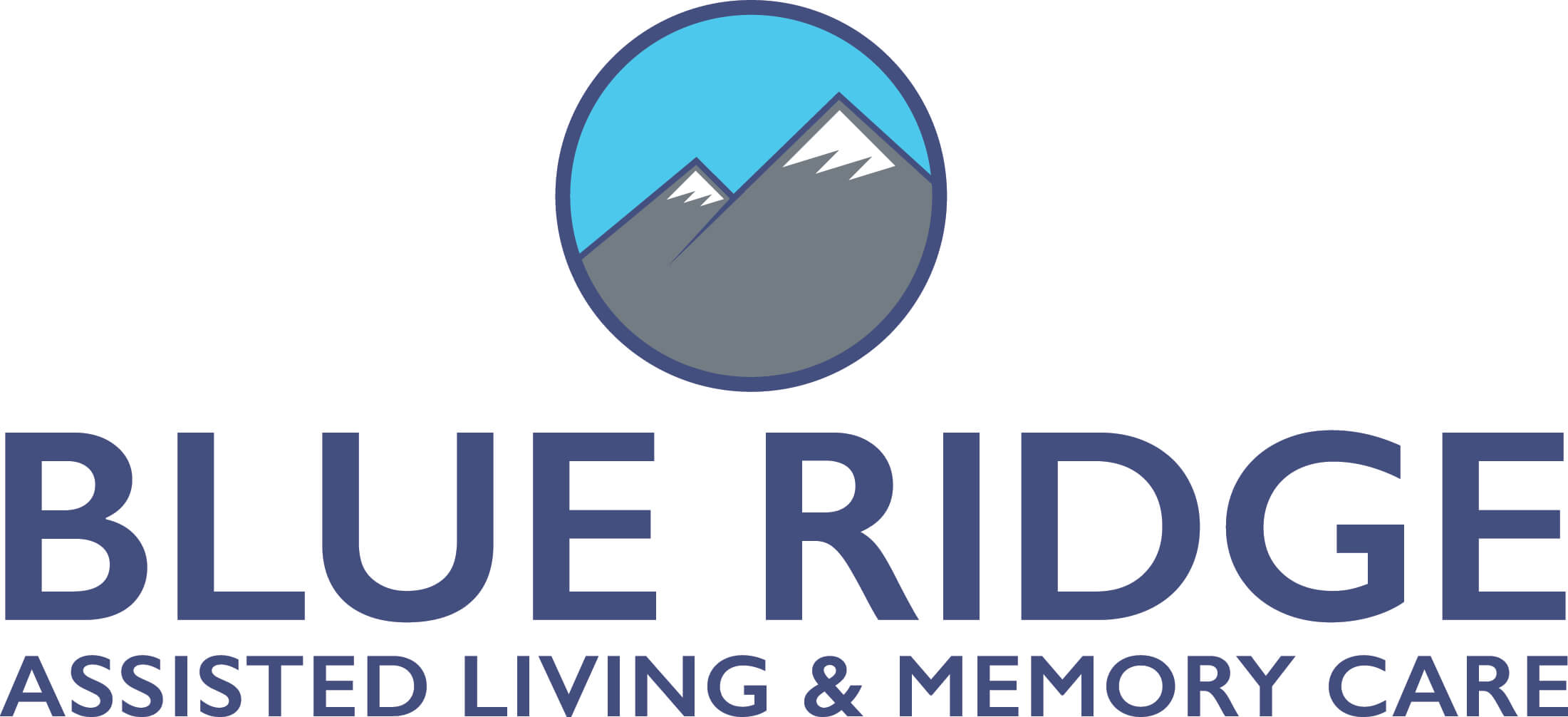Having a good vision is central to our well-being. It is needed for daily tasks like walking, cooking, carrying out an active lifestyle, and also in spotting obstacles that can lead to falling. Since it is integral to our independence, it is good to invest time and attention in maintaining our vision. Read on for a guide to preventing vision loss.
Eat Well for Nutrition
Certain vitamins play a bigger role than others in preventing age-related vision problems. Omega-3 fatty acids are especially important in functions like the production of tears, thus preventing dry eyes. Some foods that are rich in omega-3 include spinach, kale, and brussels sprouts, as well as animal protein like salmon, sardines, and cod. Also consider nuts like walnuts, chia seeds, and flaxseed. Lutein and zeaxanthin are also eye-friendly nutrients. Studies have shown that they reduce the risk of developing cataracts. Try to include colorful fruits and vegetables such as persimmons, carrots, and tangerines for your daily intake of these nutrients. In addition, vitamin C works well in combination with these nutrients and can slow the rate of age-related macular degeneration. Zinc also has the little-known fact of transporting vitamin A from the liver to the retina to produce melanin, a protective pigment in the eyes. A deficiency in zinc can lead to impaired vision like poor night vision and cloudy cataracts. Try adding more oysters, shellfish, and red meat to increase your intake of zinc.
Wear Sunglasses for Eye Protection
While we need sunlight for the production of vitamin D, ultraviolet rays can cause long-term damage like cataracts and macular degeneration. As such, it is important to protect your eyes by shading them with sunglasses or wearing a wide-brimmed hat. Avoid staring into the sun and take steps to protect your eyes especially if you know you are going to be outdoors for long periods of time.
Manage Your Health Conditions
Certain diseases make you more prone to developing eye problems. These include diabetes, high blood pressure, and heart diseases. Diabetic retinopathy happens when too much blood sugar damages the delicate blood vessels that deliver blood to the retina. As a result, the retina does not receive enough oxygen and nutrients, and the blood vessels may even leak blood into the retina. High blood pressure can similarly damage blood vessels in the eye through a condition called hypertensive retinopathy. As such, it is vital to take prescribed medications on schedule and go for health reviews regularly with your doctor.
Schedule Annual Eye Examinations
An optometrist or ophthalmologist can detect eye diseases before they worsen into full-blown problems. This is important as many common eye diseases like glaucoma and age-related macular degeneration show few symptoms in the early stages.
Join a Community of Like-Minded Individuals
As you age, it becomes even more important to be among a supportive community that prioritizes your health and wellness. Our senior living community pays minute attention to the nutrition and fitness of our residents. Join us today to find out how you can be a part of us today!







